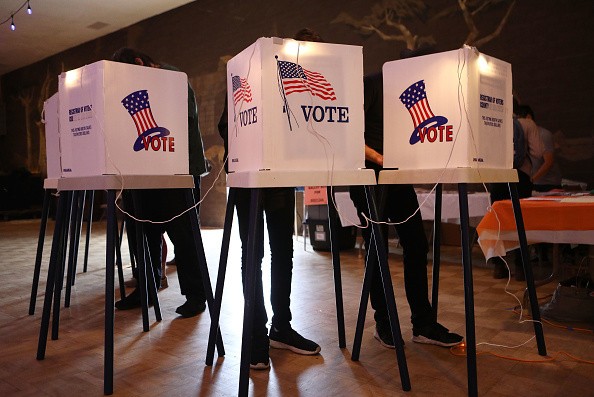The U.S. election in 2022 is just around the corner. To help people during this critical period, social media sites need to make efforts to stop the spread of misinformation.

During the past U.S. elections, Facebook, Twitter, and other online platforms faced criticism because of the way they handled fake news and other untruthful content.
To ensure that the previous misinformation issues will not happen again, social media companies said they formulated plans to prevent fake news in the upcoming 2022 midterm elections, as reported by Fast Company.
Which Social Media Site Can Efficiently Handle Misinformation During Election?
Dam Hee Kim, a University of Arizona assistant professor, explained that social media sites are important sources of essential news.

Also Read : Twitter View Counts, Engagement to Become Public? New Feature Concerns Users; Here's Why
However, she added that these platforms could also become a source of misinformation.
Now, here is the ranking of Facebook, Twitter, TikTok, and other sites based on how they handle the spread of untruthful posts:
Twitter (B)
People don't consider Twitter among the biggest culprit of misinformation.
YouTube (B-)
YouTube is among the platforms that can recommend reliable sources.
Facebook (C)
Facebook is criticized for misinformation that can easily spread on this platform. Experts said that this was seen during the 2016 presidential election campaign.
TikTok (D)
Unlike other platforms, TikTok has less strict rules when it comes to fake news. Researchers explained that misinformation could easily spread on this platform because videos are more difficult to fact-check.
How to Spot Fake News?
FactCheck.Org provided some tips on checking if the post you are reading on Facebook, Twitter, and other social media sites, is true or false.
These include the following:
- Always check the source. Make sure that its "about" section is true. Try searching on Google if the source is reliable.
- Check who wrote the article or who posted the content. Search for the author's background.
- Try checking the headline. If the headline sounds fishy, then the content could be false.
Recently, the Online Safety Bill's delay was criticized by a father, who claimed it could endanger young users.
Also, previously, Tumblr's porn ban is confirmed to stay.
For more news updates about social media sites and other platforms, keep your tabs open here at TechTimes.
Related Article : Meta Finds Over 400 Malicious Apps Spreading Malware on Facebook
This article is owned by TechTimes
Written by Griffin Davis
ⓒ 2026 TECHTIMES.com All rights reserved. Do not reproduce without permission.




